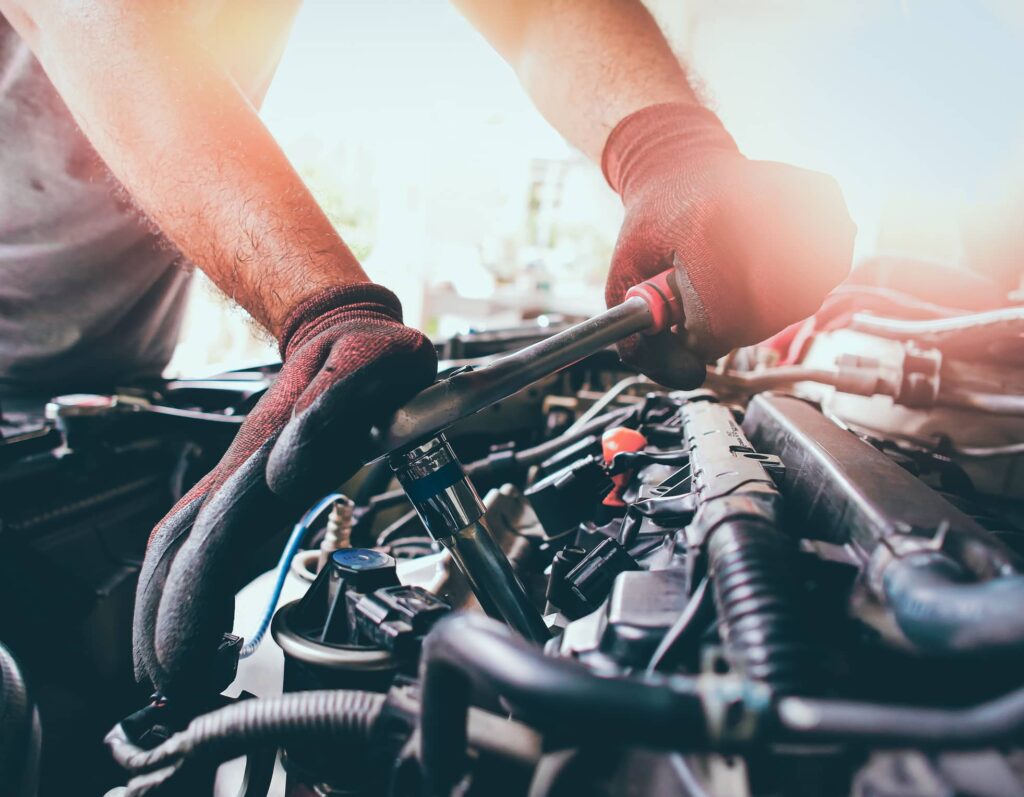
Automotive diagnostic charges typically cover the cost of the technician’s time and expertise in diagnosing issues with your vehicle. These charges reflect the resources, equipment, and training required to accurately identify problems and determine the appropriate repairs or maintenance needed.
Here are a few reasons why you might be charged for automotive diagnostics:
Labor and Expertise: Skilled technicians spend time inspecting your vehicle, using specialized tools and equipment to diagnose issues accurately.
Equipment Costs: Diagnostic tools and equipment used to scan vehicle systems and retrieve error codes incur costs for purchase, maintenance, and updates.
Training and Certification: Technicians undergo extensive training and certification to effectively diagnose complex vehicle systems, which contributes to the overall cost of diagnostics.
Investigation and Testing: Diagnosing automotive issues often requires thorough investigation and testing, which may involve multiple steps to pinpoint the root cause of problems.
Facility Overheads: Automotive repair facilities have overhead costs such as rent, utilities, insurance, and administrative expenses, which are factored into diagnostic charges.
Accuracy and Precision: Proper diagnostics help prevent unnecessary repairs by identifying the specific issues affecting your vehicle, ultimately saving you time and money in the long run.
Keep in mind that diagnostic charges may vary depending on the complexity of the issue, the type of vehicle, and local market rates. It’s important to discuss diagnostic fees with your automotive service provider beforehand to ensure transparency and understanding of the costs involved.







